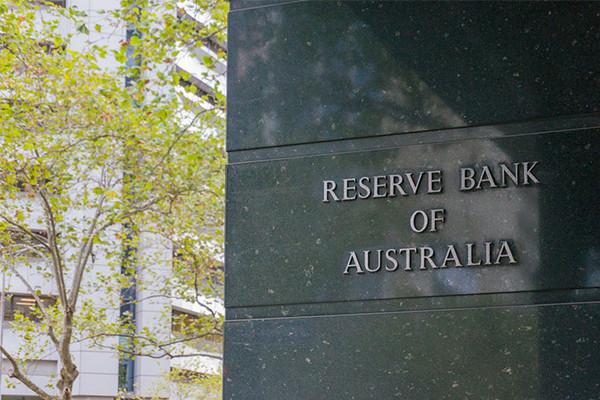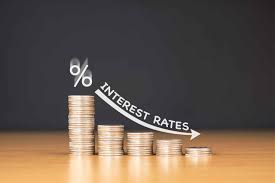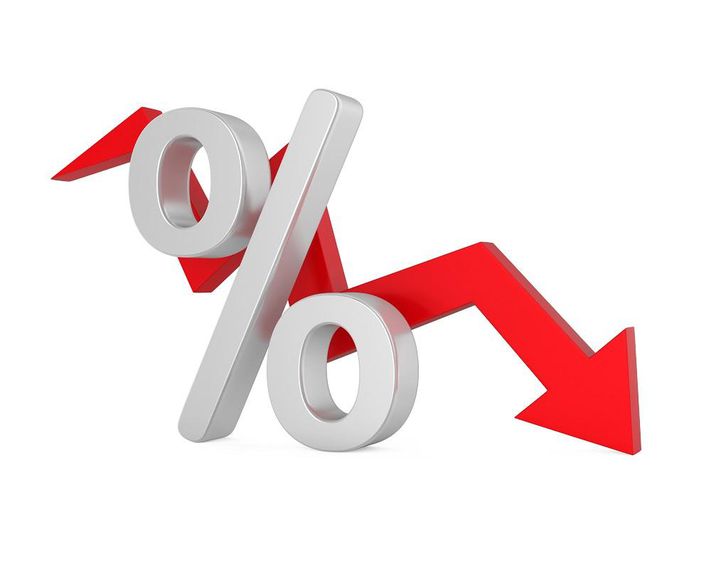Australia's former central bank head warns of limited power of rate cuts
Further interest rate cuts by the Reserve Bank of Australia would do little to boost the economy as the power of monetary policy easing is limited, a former governor of the bank told the Weekend Australian on Saturday.

Melbourne: Further interest rate cuts by the Reserve Bank of Australia would do little to boost the economy as the power of monetary policy easing is limited, a former governor of the bank told the Weekend Australian on Saturday.
The RBA this week cut its benchmark rate for the third time this year to a record low 0.75%, in a bid to revive employment growth, consumer spending and inflation, and said it was prepared to cut further if needed.
Also Read: RPT-Australia's AMP under pressure as pension clients exit
“Too much faith is being placed in the expectation that monetary policy can do things that it can’t do,” Ian Macfarlane, who governed the RBA for 10 years until 2006, told the newspaper.

“It’s done everything it can do. Once interest rates are negligible, further cuts would seem to have very little power to do anything useful.”
“Too much faith is being placed in the expectation that monetary policy can do things that it can’t do,” Ian Macfarlane, who governed the RBA for 10 years until 2006, told the newspaper.
Also Read: Australia shares set to open higher on Sino-U.S. trade talk optimism
“It’s done everything it can do. Once interest rates are negligible, further cuts would seem to have very little power to do anything useful.”
Australia’s A$1.95-trillion ($1.32-trillion) economy has grown for 28 years without a recession, but risks have grown in the past year, with growth ebbing, inflation lukewarm, the property market subdued and unemployment ticking up.

Macfarlane’s comments came after data showed only a modest increase of 0.4% in August retail spending, with economists saying more fiscal stimulus from the fiscally conservative government was needed to lift consumer spending.
The current era, Macfarlane said, was “the most perplexing and difficult period for monetary policy ever”. (Reuters)
 Dynamite News
Dynamite News